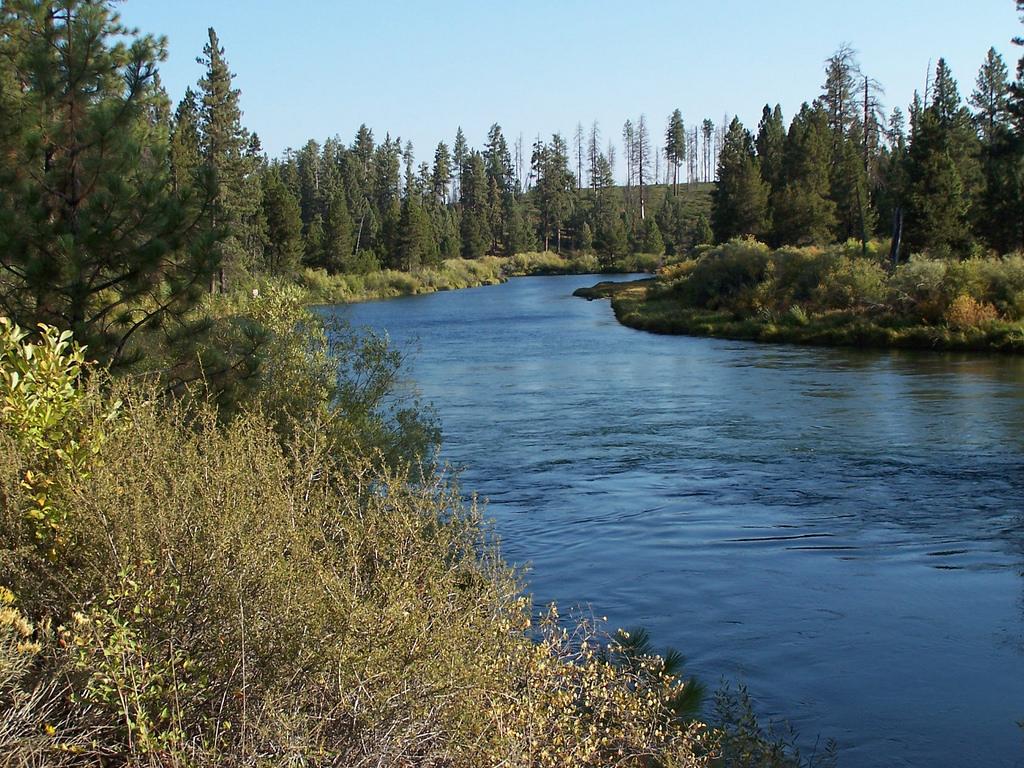How are the knowledge systems, experiences and aspirations of First Nations, Inuit and Métis peoples essential to building a successful shared future for all Canadians?
June 2016 Competition
| Value | $25,000 |
| Duration | One year |
| Application deadline | September 13, 2016 |
| Results announced | November 2016 |
Aboriginal research is a key element identified though SSHRC’s Imagining Canada’s Future initiative—in particular, “How are the knowledge systems, experiences and aspirations of First Nations, Inuit and Métis peoples essential to building a successful and shared future for all Canadians?” This future challenge area includes issues in areas such as:
- self-determination;
- historical and modern treaties;
- Aboriginal values, oral histories, knowledge systems and connections to the land;
- endangered languages and cultures; and
- Aboriginal youth and employment.
The release of the final report of Canada’s Truth and Reconciliation Commission in 2015 on the impacts of Indian Residential Schools identified more areas for urgent action to support reconciliation. These include, for example, child welfare, education, health, justice and corrections, Aboriginal rights, museums and archives, media, sports, business, and nearly every other aspect of Canadian life.
The report’s calls to action further highlight the critical role Canadian social science and humanities scholars can play in enabling access to knowledge in these and other areas; knowledge that is properly grounded in respect, diversity and reciprocity in the relationships between First Nations, Inuit and Métis peoples, and academic communities.
These grants will foster a deeper understanding of the current and historical, cultural, social and economic experiences of First Nations, Inuit and Métis peoples in Canada. They will also support pathways to a vibrant and shared future for all Canadians. The resulting syntheses will help to identify roles that the academic, public, private and not-for-profit sectors may play in seizing future opportunities. This understanding and knowledge will help to develop robust policies, strategies, best practices and tools for a sustainable, equitable and prosperous future.
SSHRC invites all eligible applicants, Indigenous and non-Indigenous, to consider addressing one or more of the questions listed within the themes of this call.
This funding opportunity has three objectives that applicants must address in their proposals:
State of Knowledge and Research Gaps:
- critically assess the state of knowledge of the future challenge area theme under consideration from a variety of sources as appropriate;
- identify knowledge gaps within the theme; and
- identify the most promising policies and practices related to the theme.
Research Data:
- assess the quality, accuracy and rigour of current work in the field; and
- identify gaps in the quantitative and qualitative data available.
Knowledge Mobilization:
- mobilize knowledge related to promising policies and practices within the academic, private, not-for-profit and public policy sectors, both Aboriginal and non-Aboriginal; and
- facilitate dialogue between academic researchers, cross-sectoral stakeholders (including Aboriginal communities) and policy-makers in government.
- facilitate the use of resulting findings by Aboriginal Peoples and other stakeholders, with a particular emphasis on reciprocity and benefits for communities.
Value and Duration
Knowledge Synthesis Grants are one–year grants worth up to $25,000. However, all synthesis reports must be completed by May 2017. A minimum of 15 grants will be awarded.
By applying for this funding opportunity, applicants consent, should they be awarded a Knowledge Synthesis Grant, to SSHRC sharing the resulting synthesis report with other interested organizations and individuals.
For more information on this opportunity, including how to apply, please visit the SSHRC Knowledge Synthesis June 2016 opportunity page.

